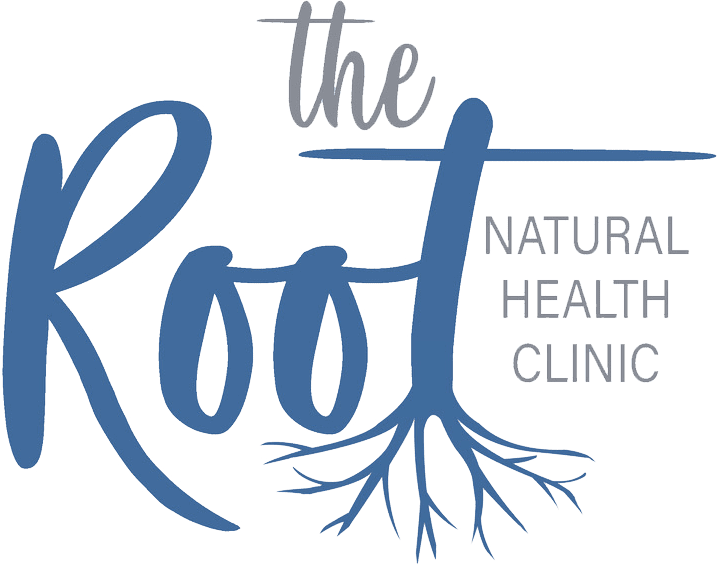Why You Might Always Be Tired…
Do you ever feel like you don’t have enough energy to get through your day? Or needing that extra coffee just to cope? Consistently feeling tired can indicate that you may have some nutritional deficiencies that need to be investigated. That being said, low energy and fatigue are at the root of many different health issues and should warrant a full health assessment, however, today we are just going to touch on some of the most common nutritional deficiencies. The top three I see in my practice are:
Vitamin D
When was the last time you got at least 15 mins of mid-day sun? Yep, its been a while. Living in Canada, with our long dark winters, it is safe to say we are not getting much synthesis of Vitamin D for a good part of the year. Vitamin D also known as our Sunshine Vitamin is integral for not only keeping us energized, but has a host of other health benefits as well. Vitamin D actually functions as a steroid hormone and helps with immune function, improving overall mood and other bodily functions.
When our body is deficient in Vitamin D we begin to experience fatigue, some muscle soreness and weakness, low mood, etc. Since most of our Vitamin D is made in the epidermis of the skin from UV light, it is safe to say that most of us are not getting enough Vitamin D made daily. Testing for our Vitamin D is just a simple blood draw to assess our levels. Most of us are low if not deficient in Vitamin D and supplementing with it each day is super easy. Your Naturopathic Doctor will be able to prescribe an appropriate dose that reflects your specific level.
Ferritin (Iron)
Iron is responsible for providing oxygen transport through our blood to our active tissues. Therefore if our muscles/organs are not getting enough oxygen from our blood we can experience lower energy levels or at times shortness of breath upon exertion. When iron levels get too low it can result in something call iron-deficiency anemia. Not only can you experience fatigue and some shortness of breath, but you can also experience hair loss, higher than average heart rate and/or poor concentration. It is also important to note that low ferritin (storage form of iron) levels are common in menstruating women due to blood loss every month and I highly recommend that women have their levels checked.
Low Ferritin levels are easily treatable with the appropriate supplementation and introducing high iron foods into your diet. Foods such as dark leafy greens, lean meats (organic and antibiotic-free sources), beans and black strap molasses are all great sources of iron. It is also important to be mindful that Vitamin C increases the absorption of iron, whereas coffee and black tea can inhibit it- these are all things that an ND can navigate with you to make sure your iron levels are at their optimal level.
B Vitamins, specifically Vitamin B12
I cannot begin to stress enough the importance of B Vitamins. There are eight different B Vitamins with their own specific functions and roles to play in the body. Specific B vitamins such as B6 are responsible for being co-factors for over 100 different reactions as well as helping to produce neurotransmitters such as serotonin and dopamine. When we do not have enough B6 it is common to feel fatigued as well as potentially experiencing mood changes and brain fog.
Another B Vitamin that is important to consider if you are feeling tired is Vitamin B12. Low B12 levels can also cause anemia and can result in fatigue, shortness of breath and some heart palpitations. Optimal B12 levels are so important for feeling well and for your body to be functioning its best. Once investigation has demonstrated sub-optimal B12 levels, it is easy to fix with the appropriate supplementation from your ND.
TEST DON’T GUESS

Its important to emphasize that testing for specific values is imperative rather than assuming you are low as each nutrient has an optimal range and too little as well as too much can impact your health. However, correcting nutritional deficiencies does not make up for bad habits, such as poor diet, lack of exercise, little sleep and overwhelming amounts of stress. These factors will also play a huge role in impacting how you feel throughout your day and how much energy you have to tackle everything on your plate. Talking to your Naturopathic Doctor about testing for nutritional deficiencies as well as support in addressing other lifestyle habits can make a significant change in improving your energy levels.
